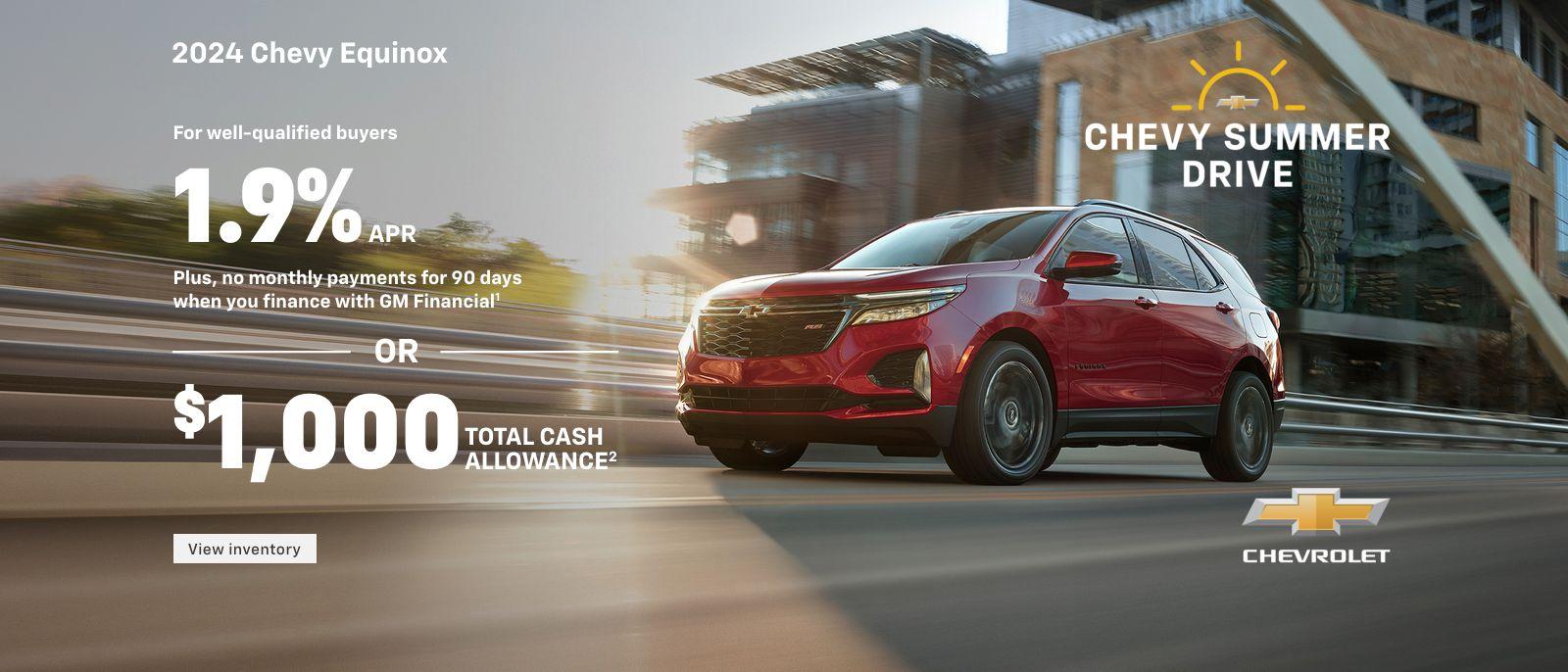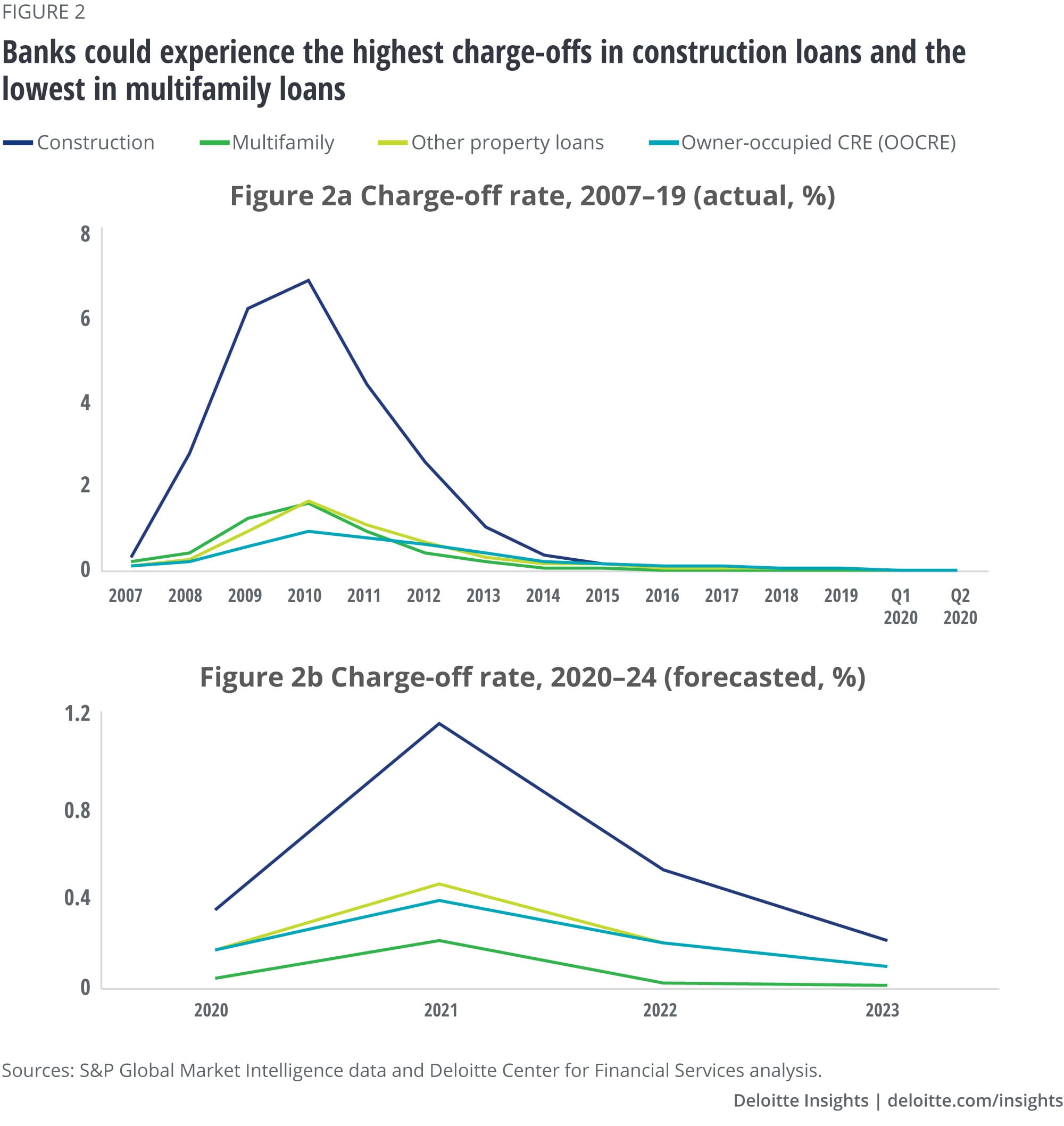### Understanding the Finance Charge on a Car Loan: Maximize Your Savings
When purchasing a vehicle, one of the most critical aspects to consider is the **finance charge on a car loan**. This charge can significantly impact the ov……
When purchasing a vehicle, one of the most critical aspects to consider is the **finance charge on a car loan**. This charge can significantly impact the overall cost of your vehicle, influencing your monthly payments and the total amount you will pay over the life of the loan. By understanding how finance charges work, you can make informed decisions that could save you money in the long run.
### What is a Finance Charge on a Car Loan?
The **finance charge on a car loan** refers to the total cost of borrowing money to purchase a vehicle. This includes the interest charged on the loan as well as any additional fees associated with the loan, such as origination fees or loan processing fees. The finance charge is typically expressed as an annual percentage rate (APR), which gives you a clear picture of how much you will pay in interest over a year.
### How is the Finance Charge Calculated?
The calculation of the **finance charge on a car loan** can vary depending on several factors, including the loan amount, the interest rate, and the loan term. Generally, the finance charge is calculated based on the principal balance of the loan and the interest rate. For example, if you take out a loan of $20,000 with a 5% interest rate for five years, your finance charge will be based on that principal amount and will accumulate over time.
### Factors Influencing Finance Charges
Several factors can influence the **finance charge on a car loan**, including:

1. **Credit Score**: Lenders often base the interest rate on your credit score. A higher credit score typically results in a lower interest rate, which can reduce your finance charge.
2. **Loan Term**: The length of the loan can also affect the finance charge. Shorter loan terms usually have lower interest rates, but this means higher monthly payments. Conversely, longer loan terms may result in lower monthly payments but can increase the total finance charge due to higher accumulated interest.
3. **Down Payment**: A larger down payment can reduce the principal amount of the loan, which in turn lowers the finance charge.
4. **Lender Fees**: Additional fees charged by lenders can also contribute to the overall finance charge. It's essential to read the fine print and understand all the fees associated with your loan.
### Ways to Minimize Finance Charges

To minimize the **finance charge on a car loan**, consider the following strategies:
1. **Improve Your Credit Score**: Before applying for a loan, take steps to improve your credit score. Pay off debts, make timely payments, and avoid new credit inquiries.
2. **Shop Around for Rates**: Different lenders offer varying interest rates. Take the time to shop around and compare offers to find the best rate available.
3. **Negotiate Terms**: Don’t hesitate to negotiate the terms of your loan. A lender may be willing to offer a better interest rate or reduce certain fees.
4. **Consider a Larger Down Payment**: If possible, save for a larger down payment. This not only reduces the loan amount but can also lead to better loan terms.

5. **Choose a Shorter Loan Term**: While this means higher monthly payments, a shorter loan term typically results in lower overall finance charges.
### Conclusion
In summary, understanding the **finance charge on a car loan** is crucial for anyone looking to purchase a vehicle. By being aware of how finance charges are calculated and what factors influence them, you can take proactive steps to minimize these costs. Whether it’s improving your credit score, shopping around for the best rates, or negotiating better terms, every effort you make can lead to significant savings. Remember, the goal is not just to drive away in your new car, but to do so with a financial plan that benefits you in the long run.